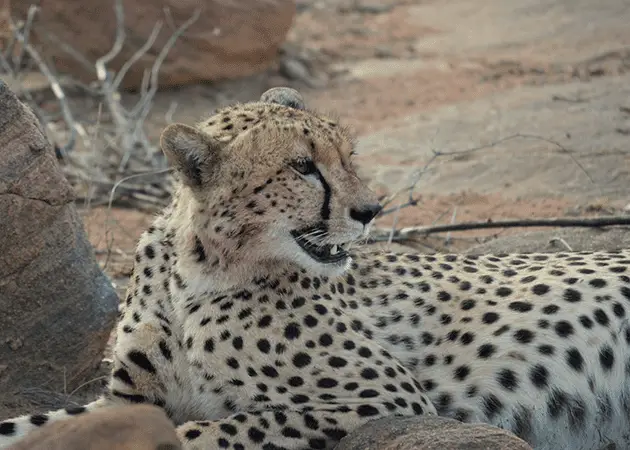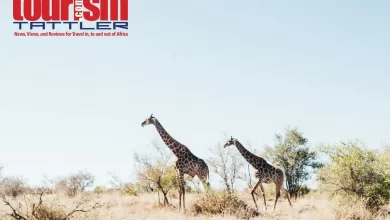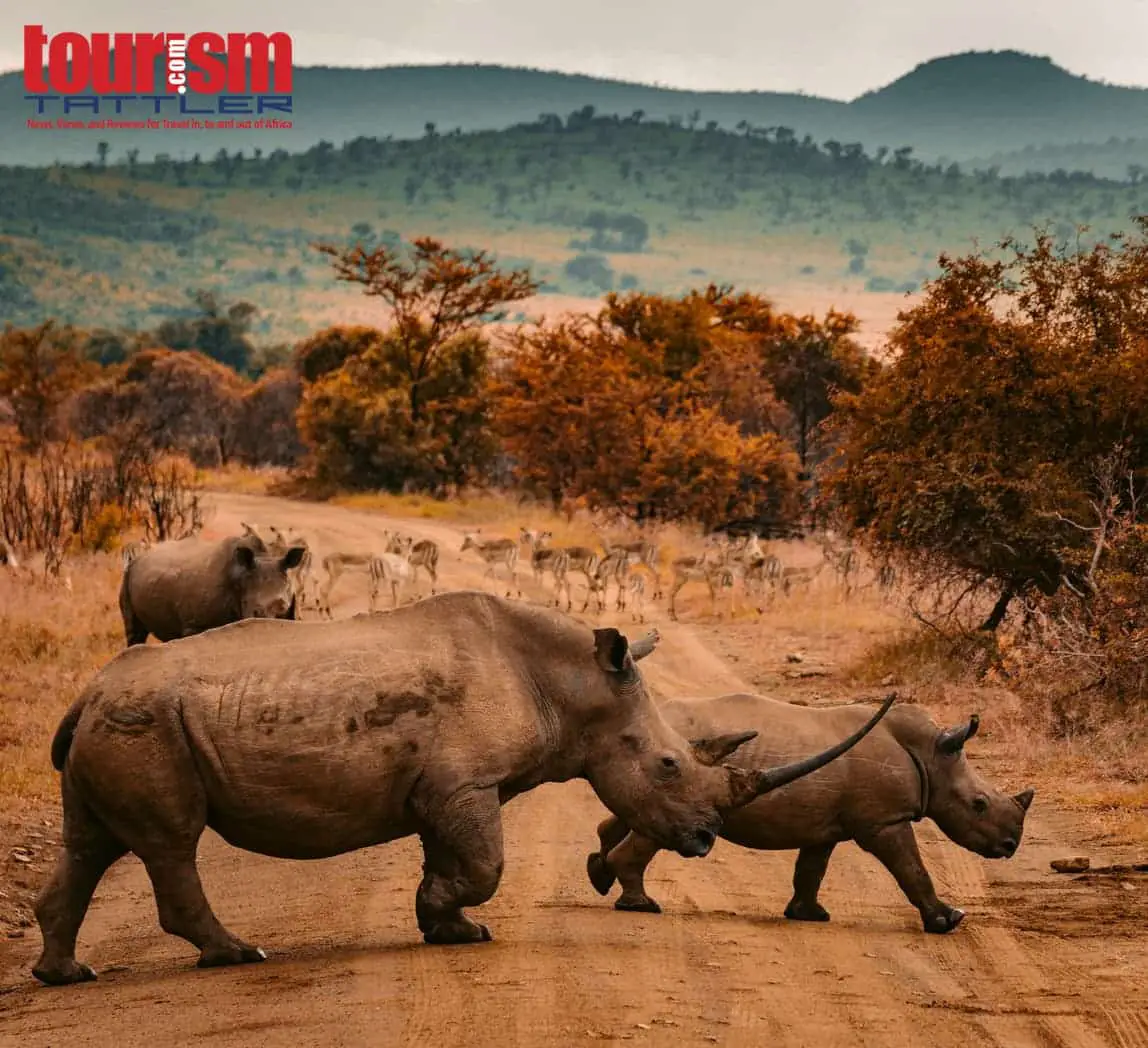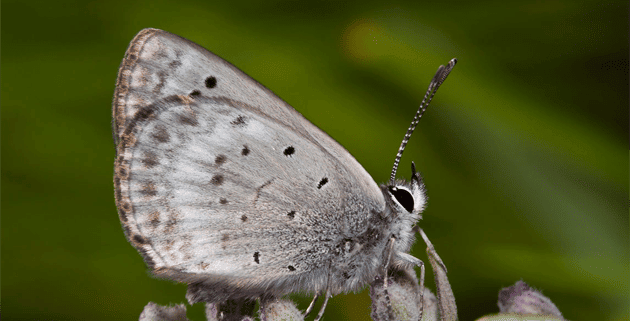Vultures and Aviation
Vultures are listed as endangered and VulPro are appealing to pilots to respect Africa’s vultures and their habitat. Even one lost egg or chick is one vulture too many, writes Kerri Wolter.
Vultures evoke strong emotions from many different individuals and walks of life, including those of enthusiastic pilots from large fixed wing aircraft and helicopters, to motorized and non-motorized gliders.
Vultures are seen as the masters of the skies and have adapted to make use of thermals to soar and glide as they forage, commute and play in Africa’s blue skies.
Pilots flying non-motorized gliders make use of thermals for flying as well and thus use vultures, if and where possible, to locate thermals for successful and enjoyable flights.
Generally this is not a problem, however it does become a massive problem when pilots over step their mark and fly too close to vulture breeding, roosting and feeding sites, causing disturbance, chick fatalities from chicks jumping too early, and parents abandoning their nests, egg or chicks due to fear and anguish. The same happens for fixed-wing aircrafts and helicopters when flying too low and too close to these selected and very specific sites which are easy to avoid.
VulPro therefore believes that no flying whatsoever should be undertaken at any vulture breeding colony and at roosting and feeding sites by any pilots, be it motorized or non-motorized, fixed wing aircrafts or helicopters.
There is ample space away from these selected sites and therefore there is no excuse or need to fly in close proximity to these sites.
Vultures are listed as endangered and VulPro are battling to stabilize populations. Even one lost egg or chick is one vulture too many.
VulPro are appealing to each and every pilot to respect vultures and their habitat, to respect their breeding sites, and to appreciate these magnificent birds in flight by keeping them safe and allowing them to continue being the masters in flight.
For more information on breeding, roosting and feeding sites, contact kerri.wolter@gmail.com, who is willing to share information for the purpose of making vulture breeding site areas no-fly zones.
Visit www.vulpro.com






